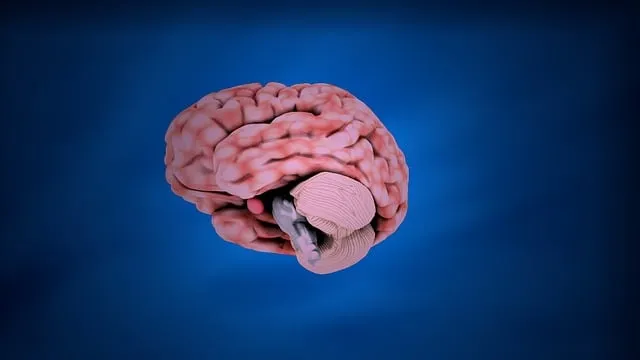Kaiser Permanente's comprehensive training programs in Aurora focus on preventing and treating substance abuse by addressing physiological, psychological, and social factors. Through evidence-based methods, these programs empower individuals with coping skills, mental wellness tools, and enhanced self-esteem to make informed choices about substance use. By fostering resilience and continuous learning among mental health professionals, the programs aim for sustainable impact, promoting balanced, substance-free lives in the community.
Substance abuse poses significant risks, but proactive strategies can mitigate these dangers. This article explores comprehensive risk reduction tactics, focusing on Kaiser Permanente’s proven approach and the Aurora model. We delve into the key components of successful programs, including evidence-based education and support systems. By examining implementation strategies and continuous improvement, we highlight how organizations like Kaiser Permanente train staff to recognize and address substance abuse, ensuring long-term success for at-risk individuals.
- Understanding Substance Abuse Risks and Kaiser Permanente's Approach
- Key Components of Effective Risk Reduction Programs (Aurora Focus)
- Implementation Strategies and Continuous Improvement for Sustained Success
Understanding Substance Abuse Risks and Kaiser Permanente's Approach

Substance abuse risks are multifaceted, encompassing physiological, psychological, and social factors that can lead to harmful behaviors and outcomes. Understanding these risks is a crucial first step in prevention and treatment. Kaiser Permanente, known for its comprehensive healthcare services, emphasizes proactive risk reduction strategies. Their training programs in Aurora focus on empowering individuals with the knowledge and tools to make informed choices regarding substance use.
One of Kaiser Permanente’s unique approaches involves integrating various techniques like Coping Skills Development, Social Skills Training, and Mental Wellness Journaling Exercises into their curriculum. These initiatives not only educate but also foster resilience and healthy coping mechanisms. By addressing underlying mental health concerns and strengthening social support networks, Kaiser Permanente aims to create a sustainable impact, encouraging individuals to lead balanced and substance-free lives.
Key Components of Effective Risk Reduction Programs (Aurora Focus)

Effective risk reduction programs for substance abuse prevention share several key components, with Kaiser Permanente training programs and Aurora-focused initiatives leading the way. These programs often incorporate evidence-based strategies tailored to address the root causes of substance misuse. By focusing on youth and at-risk populations, they aim to foster resilience and healthy coping mechanisms.
One such crucial component is self-esteem improvement through empowerment and skill-building workshops. Teaching individuals, especially adolescents, Mind Over Matter principles empowers them to manage stress and make informed decisions. Additionally, integrating Stress Management Workshops Organization-style sessions helps participants develop effective stress mitigation techniques, reducing the likelihood of turning to substances as a coping mechanism.
Implementation Strategies and Continuous Improvement for Sustained Success

For sustained success in substance abuse risk reduction, implementing strategies that foster resilience and continuous improvement is paramount. Kaiser Permanente training programs in Aurora emphasize collaborative approaches, equipping mental health professionals with the skills to assess risks effectively and intervene promptly. These programs not only provide practical knowledge but also encourage a culture of ongoing learning and adaptation.
Regularly reviewing case studies, participating in peer discussions, and incorporating feedback loops are essential components of these strategies. Additionally, encouraging clients to engage in mental wellness journaling exercises can enhance self-awareness and promote proactive risk management. Through such comprehensive initiatives, Kaiser Permanente ensures that its professionals remain adept at navigating the complexities of substance abuse, ultimately enhancing client outcomes and fostering a healthier community.
Substance abuse prevention is a multifaceted challenge, but with the right strategies, it can be effectively navigated. Kaiser Permanente’s approach, highlighted by its Aurora Focus training programs, demonstrates that combining comprehensive understanding, targeted interventions, and continuous improvement leads to significant risk reduction. By implementing these key components, organizations like Kaiser Permanente are fostering healthier communities, proving that proactive measures can yield lasting positive outcomes in substance abuse prevention.






